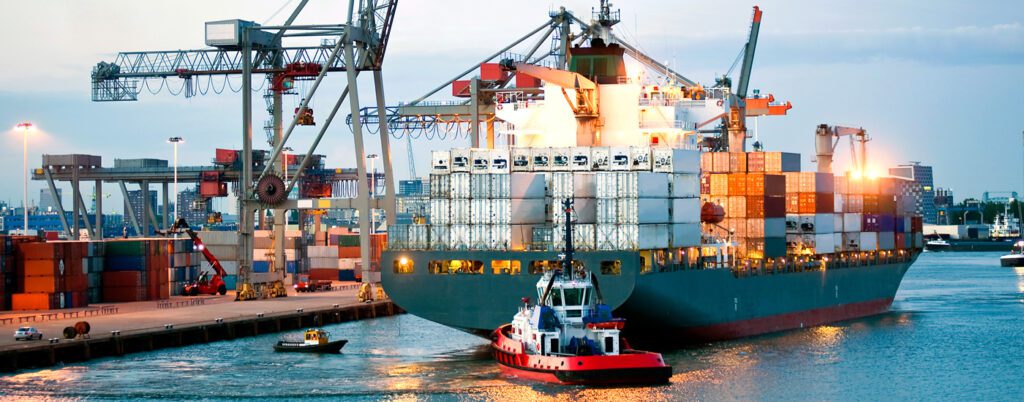
This article, authored by barrister Nicola Canty, from the Firm’s Marine Regulatory team, has been featured in the August edition of Marine and Maritime Gazette.
Legal challenges to decisions by the Marine Management Organisation
Through the Marine and Coastal Access Act 2009 (MACAA) and supplementary regulations, the new marine licensing system (administered by the Marine Management Organisation (MMO) in England), introduced an independent appeals mechanism for applicants to appeal against licensing decisions made under section 71 MACAA. However, the only route of legal challenge available to third parties remains that of judicial review.
Applicants
There are two routes for applicants to legally challenge decisions of the MMO, depending on what the decision relates to. The first route is the new appeals process under MACAA, which is based on the current process in place for planning appeals. In England the appeal body is the Planning Inspectorate (PINS) and the appeal process is prescribed by the Marine Licensing (Licence Application Appeals) Regulations 2011. Only the applicant can appeal a decision not to grant a licence, the conditions attached to a licence or the length of a licence. (It should be noted that for appeals against licence variations, revocations or suspensions or enforcement and sanctions decisions by the MMO, the First Tier General Regulatory Chamber (Environment) Tribunal (‘the Environment Tribunal’) procedure should be followed).
The second route is to challenge a decision by way of judicial review. This is a remedy of last resort and should not be pursued until other available routes of appeal have been exhausted.
Third Parties
For third parties, however, beyond involvement in the consultation process there is only one route of appeal available (to those considered to have sufficient interest), against a marine licence decision by the MMO; that is to appeal by way of judicial review. It should be noted that the judicial review process will not consider the merits of the decision, but whether the decision was made lawfully.
Judicial review is a two-stage process. The first stage is the permission stage, where a High Court judge will simply determine whether the case is arguable. If a matter is granted permission, it will progress to a substantive hearing.
To date, there have been relatively few judicial reviews brought against marine licensing decisions. One recent example is the “Stop Dumping in Whitsand Bay” challenge in relation to a decision by the MMO to grant a three-year licence in 2014 for dredging of Plymouth Sound, Devonport Dockyard and Devonport Naval Base and the associated dumping off Rame Head, which is near a newly designated Marine Conservation Zone. This challenge by a local environmental action group passed the initial permission stage of the judicial review process. Though no final determination had been made on the issues in dispute, the legal action resulted in the MMO accepting that the process it followed had been flawed and was therefore unlawful. The licence was invalidated and quashed.
Beware time limits!
In relation to any appeal, time limits are absolutely crucial. These usually run from the date of the decision being challenged. It is best to seek legal advice as soon as you are aware of a decision you wish to challenge, as in the case of most judicial reviews, the legal arguments and relevant documentation will have to be prepared and lodged at Court as soon as possible and in any event within three months of the decision.
Our experienced team, led by Andrew Oldland KC, is able to advise on all aspects of marine planning and licensing and the interaction between marine licensing and terrestrial planning (including listed building consent), environmental law and harbour ‘works orders’.